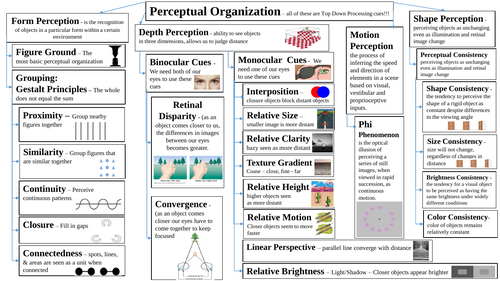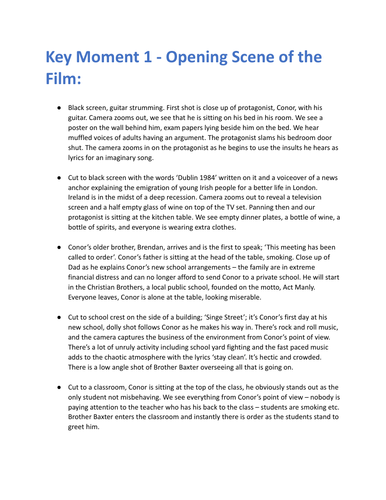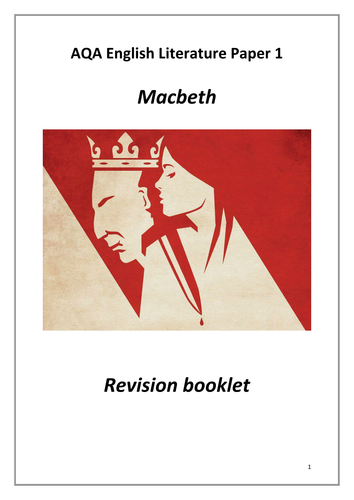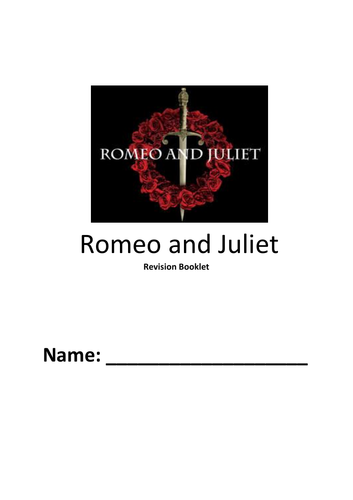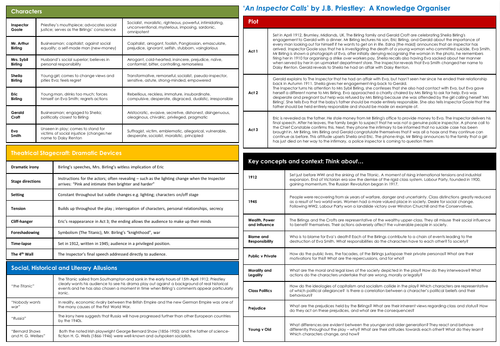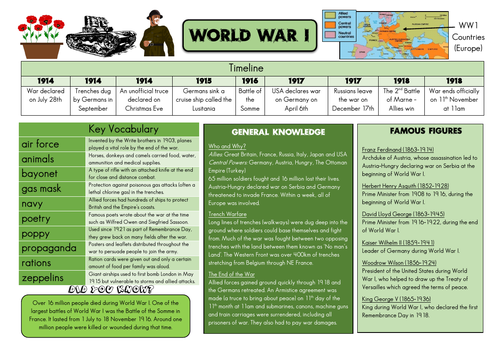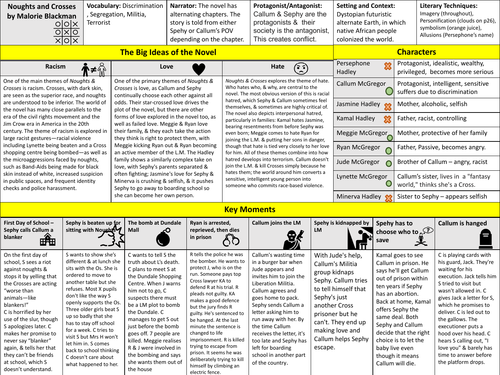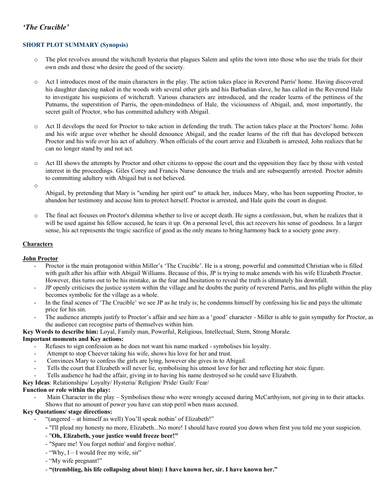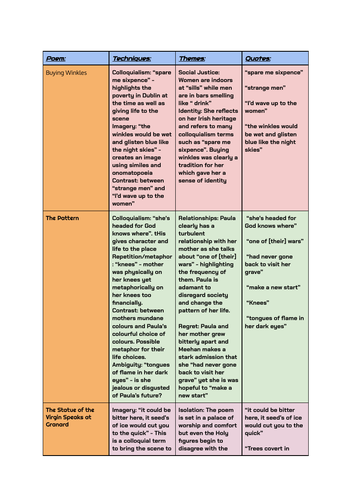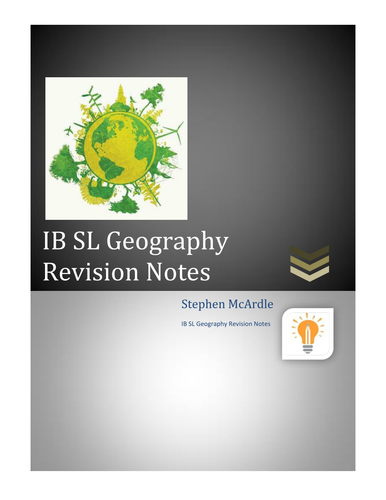
426Uploads
100k+Views
7k+Downloads
All resources

Trash Novel Study - Resources and Activities and KO
Full resource Pack for the novel Trash and Knowlege Organiser
Trash by Andy Mulligan Notes and Workbook
Chapter Questions orkbook
Trash Unit Lesson Outlines
Powerpoint on 5 elements of Narrative Writing
Plot/ Character / Theme / Setting / Conflict

Sing Street Key Moments Notes
Key Moment 1: Opening Scene
Key Moment 2: Starting the Band
Key Moment 3: Conor and Raphina
Key Moment 4: Brother Baxter Attacks
Key Moment 5: Parents’ Split
Key Moment 6: Brendan’s Breakdown
Key Moment 7: Drive It Like You Stole It
Key Moment 8: The Dance
Key Moment 9: Ending Scene

King Lear Act 1 Revision sheet
Product Description: King Lear Act 1 Detailed Revision Worksheet (Leaving Cert)
This comprehensive revision worksheet is designed to help Leaving Cert students thoroughly review Act 1 of Shakespeare’s King Lear. It includes a variety of exercises and questions to ensure a deep understanding of the play’s key events, characters, themes, and language.
Key features include:
Plot Summary Questions: Focused on the critical events of Act 1, each scene is broken down with targeted questions.
Character Analysis: Detailed questions to explore the motivations, flaws, and relationships of central characters such as Lear, Cordelia, Edmund, and the Fool.
Themes Exploration: In-depth questions on key themes, such as authority, loyalty, betrayal, and nature.
Close Passage Analysis: Students are prompted to analyze pivotal quotes and passages, revealing Shakespeare’s use of language and its thematic significance.
PEE Chain Writing Practice: Structured prompts guide students to write clear and evidence-based analytical paragraphs.
Key Quotes Identification: Matching exercises to help students identify and explain important quotes.
Multiple-Choice Questions: A quiz-style section that tests comprehension of key details in Act 1.
Ideal for in-class use or as homework, this worksheet equips students with the skills to analyze King Lear in preparation for their Leav

Language Devices and their Effects
Language Devices and their Effects
A List of language devices and their effects for students to use in their analysis

Romeo and Juliet Revision Booklet
Exam Overview
Level Indicators
Practice paragraphs
Key Literary Terminology
Part A and B marking schemes
Key Quotations
Practice exam questions

Bend It Like Beckham Workbook
Bend It Like Beckham Workbook
Characters
Film sequence exercises
Character Relationships
Theme of Discrimination
Camera Shots
Opening , Climax and Ending
Montage

W B Years Notes
W. B Yeats Slide Note
Biography
Lake Isle of Innisfree
Wild Swans at Coole
The Second Coming
September 1913
Easter 1916

Paula Meehan Quick Notes
coloured grid for poems
Buying Winkles
THe Pattern
The Statue of the
Virgin Speaks at
Granard
Hearth Lesson

Act 1 King Lear Revision Worksheet
Product Description: King Lear Act 1 Detailed Revision Worksheet (Leaving Cert)
This comprehensive revision worksheet is designed to help Leaving Cert students thoroughly review Act 1 of Shakespeare’s King Lear. It includes a variety of exercises and questions to ensure a deep understanding of the play’s key events, characters, themes, and language.
Key features include:
Plot Summary Questions: Focused on the critical events of Act 1, each scene is broken down with targeted questions.
Character Analysis: Detailed questions to explore the motivations, flaws, and relationships of central characters such as Lear, Cordelia, Edmund, and the Fool.
Themes Exploration: In-depth questions on key themes, such as authority, loyalty, betrayal, and nature.
Close Passage Analysis: Students are prompted to analyze pivotal quotes and passages, revealing Shakespeare’s use of language and its thematic significance.
PEE Chain Writing Practice: Structured prompts guide students to write clear and evidence-based analytical paragraphs.
Key Quotes Identification: Matching exercises to help students identify and explain important quotes.
Multiple-Choice Questions: A quiz-style section that tests comprehension of key details in Act 1.
Ideal for in-class use or as homework, this worksheet equips students with the skills to analyze King Lear in preparation for their Leaving Cert exams.

Where the Crawdads Sing - Comparative Modes Worksheet
Where the Crawdads Sing - Comparative Modes Worksheet #1
This Where the Crawdads Sing - Comparative Modes Worksheet is designed to guide students through a detailed analysis of the opening section of the novel, using three comparative modes: Literary Genre and Narrative Techniques, Cultural Context, and Vision and Viewpoint. The worksheet includes multiple-choice questions, focused tasks, and key passages from the novel, enabling students to explore how literary devices, societal norms, and the author’s perspective on nature and life are conveyed through the text.
Key Features:
Literary Genre and Narrative Techniques: Focus on the use of imagery, personification, simile, and contrast to develop mood and atmosphere.
Cultural Context: Explore how societal structures, class, race, and gender impact the characters’ experiences, particularly in Barkley Cove.
Vision and Viewpoint: Analyze the author’s perspective on life, nature, and society, reflected through the characters’ relationships with their environments.
Structure:
Multiple-Choice Questions: These questions help students identify key literary devices and themes in specific excerpts from the text.
Cultural Context Analysis: Students are guided through a comparison of the social and economic challenges represented by Barkley Cove and the marsh.
Vision and Viewpoint: Students explore how Kya’s relationship with both settings reflects deeper themes of isolation, survival, and self-discovery.
This product encourages critical thinking, comparative analysis, and a deeper understanding of the novel’s thematic elements through structured and scaffolded questio

In-Depth Analysis of Literary Genre, Cultural Context, Vision & Viewpoint Where the Crawdads Sings
n-Depth Student Notes on Where the Crawdads Sing
This comprehensive set of student notes provides a deep analysis of the literary genre, cultural context, and vision & viewpoint of Where the Crawdads Sing by Delia Owens. Designed to help students engage with the novel on a critical level, these notes are filled with detailed explanations and textual examples from Chapters 1-6. Each section is carefully organized to offer a thorough understanding of key literary elements and themes.
Key Features:
Literary Genre Analysis: Exploration of the novel’s narrative structure, use of symbolism, character development, and narrative techniques.
Cultural Context Examination: Insight into the social, historical, and cultural factors influencing the characters and events, including issues such as class, race, and gender in the American South during the 1950s-60s.
Vision & Viewpoint: Detailed look at the novel’s third-person omniscient narration, contrasting perspectives between Kya and the townspeople, and the overarching themes of isolation, prejudice, and survival.
Textual Examples: Specific quotes from the text to illustrate key points, making it easier for students to connect the analysis with the novel.
Perfect for exam preparation or classroom discussions, these notes provide students with the tools they need to critically analyze Where the Crawdads Sing while enhancing their understanding of its literary depth.

